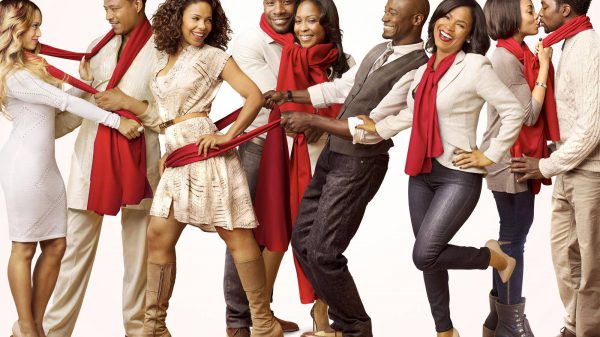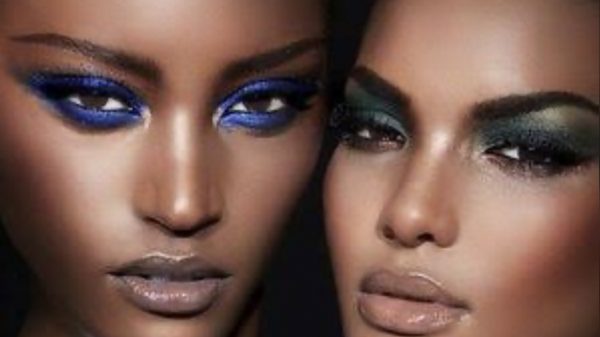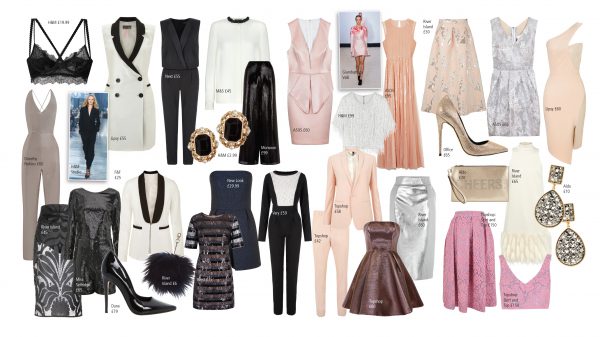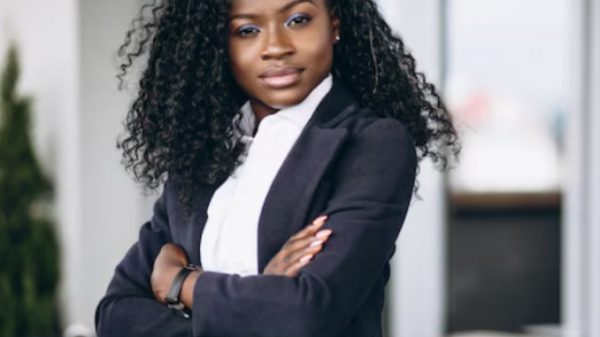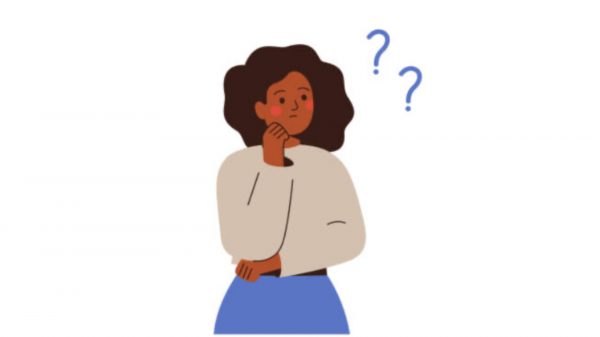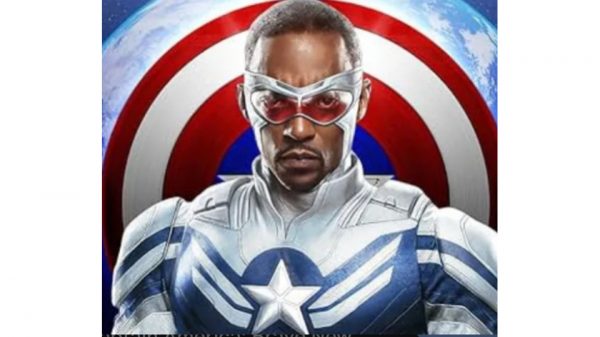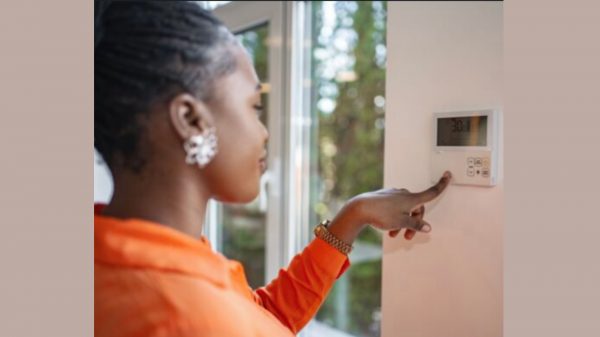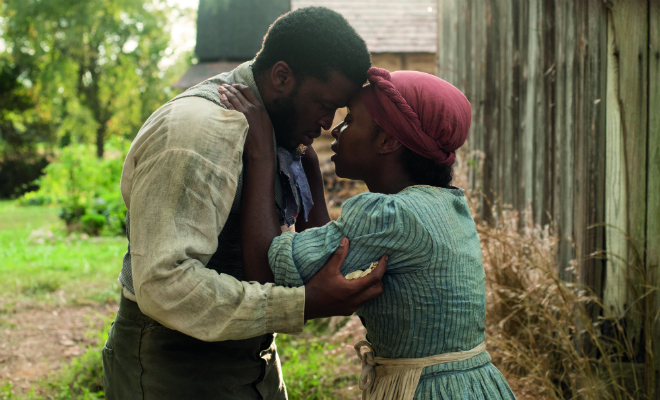Harriet has officially hit the screens, based on the thrilling and trailblazing life of freedom fighter Harriet Tubman. We spoke to actor Zackary Momoh who plays John Tubman about the movie.
Congratulations on Harriet, the movie is emotional and thought-provoking, knowing the story and its historical value how did you know the role of John Tubman was right for you?
I knew the role was right for me because I always want to play roles that have extreme substance to them and I knew there was nothing more substantial in this period than being a part of telling the story of Harriet Tubman.
Does the preparation for a role differ when the character is non-fiction?
There is a lot more sourced material; you’re trying to get in the mind of this person at a specific time. For fiction, you can decide how this character is, based on the script. There wasn’t that much-sourced material to play John but we were able to work with researchers, so I could play John accurately.
The film’s opening scene is Harriet (Minty) embracing John, what was it like working alongside Cynthia Erivo?
Cynthia Erivo is amazing and she’s a blast to work with, she’s good to be around. That’s my sister; we’ve had some great times.
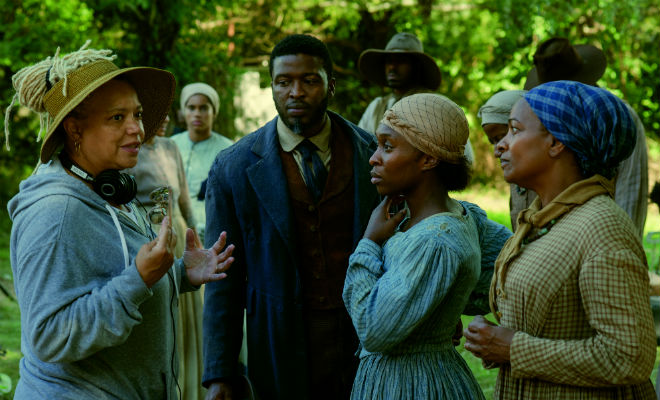
After Harriet successfully escapes slavery she risks her freedom to go back and get John, but she’s met with a huge disappointment. When you read your script and saw those lines, were you as shocked as us?
No, to try navigating perspective I had to try and understand what it was, and why he would make that decision without putting any judgement. I definitely understand why everyone was shocked but that’s the inner conflict and what it meant for a man to be without his woman, even though he thinks she’s dead. If I was going through it, I would’ve waited a bit longer but I’m not it the 19th century in Virginia, dealing with oppression.
The movie Harriet is set during slavery, how do you physically and mentally prepare for a role like this?
Physically I tried to get the body of what it meant to be a lumberjack, as John worked with lumber and carried a lot of wood. He’s also a freed slave, so what it meant to be married to someone who wasn’t a free person and what it meant to be a man who wants to protect his loved ones but is powerless to do so. Emotionally and mentally I had to die to myself and feel what it would be like if I had to protect my wife who was heavily oppressed.
Does that mentally take a toll on you once you’ve wrapped up filming?
Over time it does, I think because I’ve been at this for a little bit now getting out of that state is a lot easier. It’s one of those things where you have to let go and let it take its toll. Thankfully we have a supportive cast and creative team around us, it’s part of the job.
There seems to be controversy surrounding British actors playing the roles of American characters and as a British man, how does that make you feel?
I’m British-Nigerian and I’ve grown up seeing representation of myself on TV mostly in American movies, it’s always been an honour to play American characters. There are different cultures and nuances but I’m Black and I’m proud to be able to play a Black person across the board, whether they’re South African, Nigerian, Zimbabwean or from New Jersey. I’m cool with the controversy because it starts a discussion when all the anger has died down we can objectively start looking at what is making people feel some sort of discord. As a Black British Nigerian person, I’m not maliciously going to the States to disregard a whole race of people.
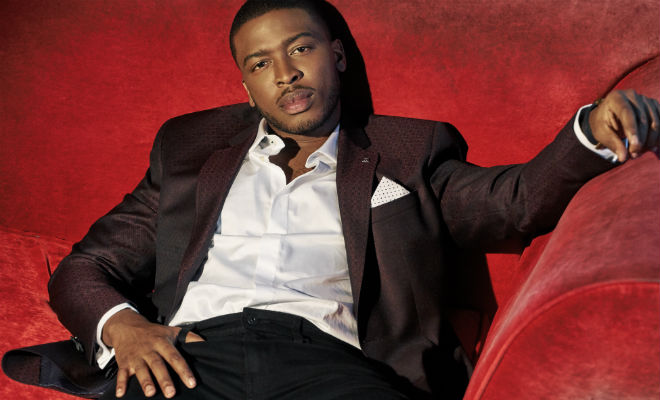
Going back to the beginning how did you first get into acting?
When I was 16 or 17 I did it at A-level, which I ironically failed. I then went to university to study business marketing but in the second year, I decided to follow this career full time. I studied part-time at the Identity School of Acting, it boasts alumni of Letitia Wright, John Boyega, Michaela Coel and Malachi Kirby. That’s where I studied for about three years and in between that I was doing a lot of stage play in West End. It was a tough transition from stage to screens but like anything, if you want to get good at its always going to be tough.
It seems a lot of Black British actors almost feel like their talent is more valued in America and therefore decide to go across the pond, was that the case with you?
Yes, I live in London and the wonderful thing about technology advancement is that I can fly out there to meet directors or they will send the script over and we’ll do an audition on tape. For me, it was more about representation and in this country, if it wasn’t on stage, there wasn’t much opportunity. In British film and TV there is a lack of inclusion not in terms of casting a Black person but the inclusion of telling Black stories, a story that’s beyond gangs, crime and immigration, and as an actor you go where the work is.
What do you hope viewers will take away from the movie?
I hope people will take away what it means to sacrifice for others, putting yourself in the shoes of others and not staying in your bubble. I feel like Harriet was a trailblazer in many ways but one way that she really set herself apart was how much she sacrificed for the betterment of others. She could’ve run to the north and stayed there but she wasn’t content despite being free.
In cinemas now.










